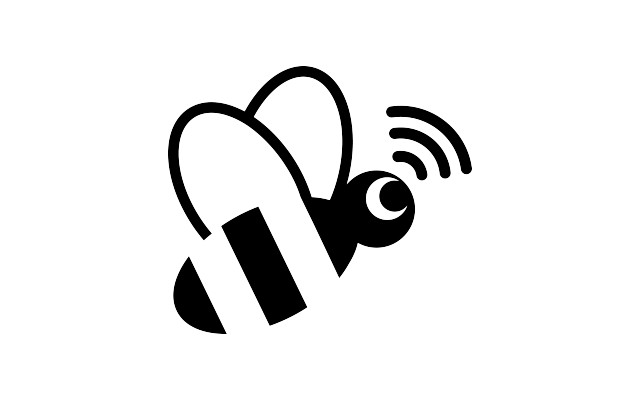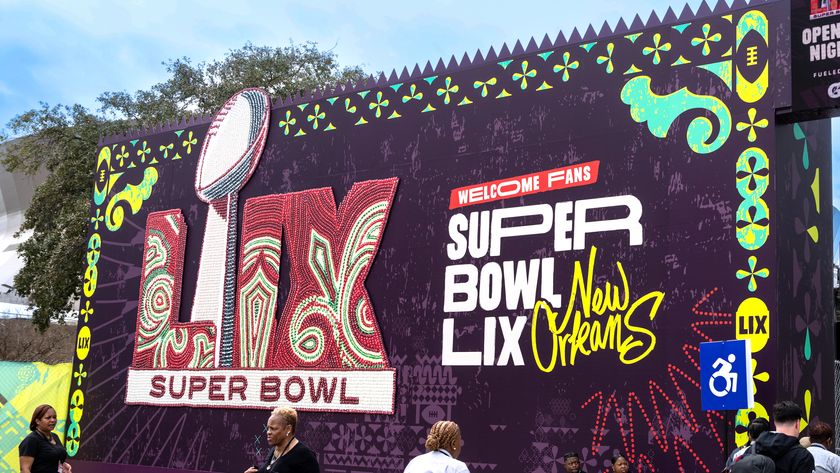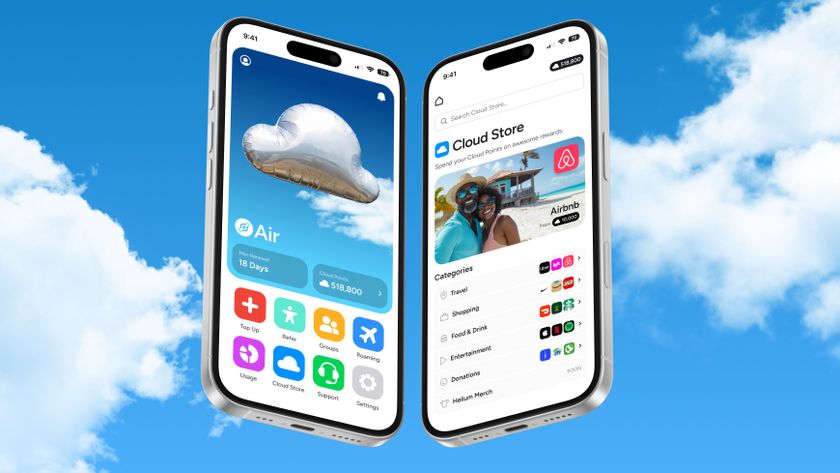What Is Sponsored Data?
AT&T's and Verizon's Sponsored Data offers let customers get certain content over 4G for free, but what does that mean for net neutrality?
AT&T and Verizon customers will soon be able to access certain content over 4G data networks for free, thanks to the carriers' "Sponsored Data" programs. Eligible customers will want to check it out, as using Sponsored Data instead of your own data plan could save you money on your mobile bill each month.

However, Sponsored Data is seen by some as an infringement upon net neutrality, or the proposition that all Internet content should be equally accessible to all, no matter what carrier or connection is being used. Because Sponsored Data allows companies with bigger budgets to make their content more easily accessible than that of smaller companies or creators, there is pressure on AT&T and Verizon to repeal the plan.
What is Sponsored Data?
Your wireless provider can offer you free bytes outside of your plan's monthly cap for completing tasks such as filling out surveys, watching videos or buying items. That free data will be paid for by a third party (sponsor), who typically wants some form of engagement with you. This can be playing an ad (that you watch in exchange for the freebie), or making you download an app.
MORE: Which Cellphone Plans Give You the Most Data for Your Dollar?
AT&T's Sponsored Data program has been around for at least a year, and remains in testing. Verizon's new FreeBee Data 360 program is available on a beta basis starting Jan. 19 2016, and lets content providers pay to sponsor their mobile content for post-paid customers. This content can be within an app or a mobile website.
On Jan. 25, Verizon will start a beta trial of its FreeBee Data offering, which lets content providers sponsor specific actions on a per-click basis, including audio streaming, mobile video clips and app downloads.
According to a Strategy Analytics report, sponsored data plans are gaining traction globally, and that while the U.S. is not the most favorable market for these plans, there is potential here.
What content can I access for free via Sponsored Data?
Certain sponsored apps can be tested out or used for a short time with Sponsored Data, meaning customers can check out new apps and features without deducting from their monthly data-plan limits. Customers can also view promoted movie trailers, games and certain health care or wellness videos, as well as browse certain mobile shopping sites, without using their monthly data allotments.
Some partners that already work with AT&T include Aquto, which launched a Data Perks app for consumers to earn free data by completing surveys or buying items online, WPS Office and other mobile data engagement companies such as DataMi and Hipcricket.
Aquto lets AT&T customers view its video ads without that bandwidth counting against their monthly data allowance, while DataMi lets AT&T deliver sponsored news or podcasts from Trove or Slate, according to FierceWireless.
Eventually, some partners will include Sponsored Data features in customer loyalty programs, so keep an eye on your favorite apps to see if such a deal is coming your way.
Brands that have already signed up to participate in Verizon's pay-per-click service include Hearst Magazines, AOL and Gameday, and these will sponsor some mobile content for 1,000 test subscribers.
Am I eligible for Sponsored Data?
If you're a post-paid AT&T subscriber in the U.S., you are eligible for AT&T's Sponsored Data. You will also need a 4G-capable device, whether that is a smartphone, tablet, laptop or mobile hotspot. However, devices on a prepaid plan are not eligible. Verizon has 1,000 test subscribers on its FreeBee Data beta trials right now, and says commercial availability of its pay-per-click service is expected later this year
How will I know if something uses Sponsored Data or if I have to pay for it?
AT&T says videos that can be viewed using Sponsored Data will be marked with a Sponsored Data icon that looks like this:

Clicking that icon will cause the video to play, and you will not be charged. Other apps and services may use notifications to tell customers about Sponsored Data deals. Otherwise, if you don't see "Sponsored Data" anywhere near a video or other feature, you should assume you'll still have to pay for the data to use it.

On Verizon, the FreeBee Data icon, which is a black-and-white bee, appears next to sponsored content so customers know that clicking on that content does not incur data charges.
How much money will I save?
It depends on the type of plan you have, and how much data you use. AT&T and Verizon charge overages of $15 per 1GB over your plan's allowance (as long as you're on the 1GB or bigger plans). Those on smaller-allowance lines will pay more for going over their limits as AT&T charges $20 per 1GB on its 300MB plan, and Verizon costs $15 per 200MB on its 250MB plan.
If you collect the full 1GB of data offered by AT&T's Data Perks program, that could mean a full $15 savings on larger plans, and up to $75 on Verizon's 250MB plan.
Considering about a quarter of AT&T customers and a fifth of Verizon subscribers had to pay an overage charge in the first half of 2015, sponsored data could appeal to a lot of people. Using Sponsored Data instead of your regularly allotted data will help cut down on charges, so you'll be less likely to exceed your data limit.
The data charges that you would be paying for the sponsored content are instead paid by the company owning the content. If you watch a movie trailer on the Google Play store, Google is paying your carrier for that data.
Are there any drawbacks to Sponsored Data?
While Sponsored Data deals might be good for consumers in the short run, in the long run it creates a system where certain apps, websites and content get preferential treatment by being free (or rather, subsidized) for consumers.
This goes against the concept of "net neutrality," or the belief that Internet broadband providers should treat all content equally.
On the consumer end, using Sponsored Data doesn't cost anything. But the data charges you're not paying are being footed by the company whose apps and services you're using. Wealthier companies can provide users with incentives to check out their content that smaller companies just can't afford, regardless of the quality of the content.
Coincidentally, it was AT&T's then-CEO Ed Whitacre who first put net neutrality concerns on the map in 2006 when he said that companies such as Google and Yahoo should pay AT&T to make their content accessible via AT&T broadband services, even though AT&T's customers were already paying for that connection. In the ensuing backlash, Whitacre quickly retreated from that position, but concerns over net neutrality persist.
Strategy Analytics found that the Federal Communications Commission (FCC)'s 2015 ruling on net neutrality does not appear to block sponsored data. AT&T has said that it will not prioritize sponsored data over regular traffic.

Sign up to get the BEST of Tom's Guide direct to your inbox.
Get instant access to breaking news, the hottest reviews, great deals and helpful tips.
Cherlynn is Deputy Editor, Reviews at Engadget and also leads the site's Google reporting. She graduated with a Master’s in Journalism from Columbia University before joining Tom's Guide and its sister site LaptopMag as a staff writer, where she covered wearables, cameras, laptops, computers and smartphones, among many other subjects.



